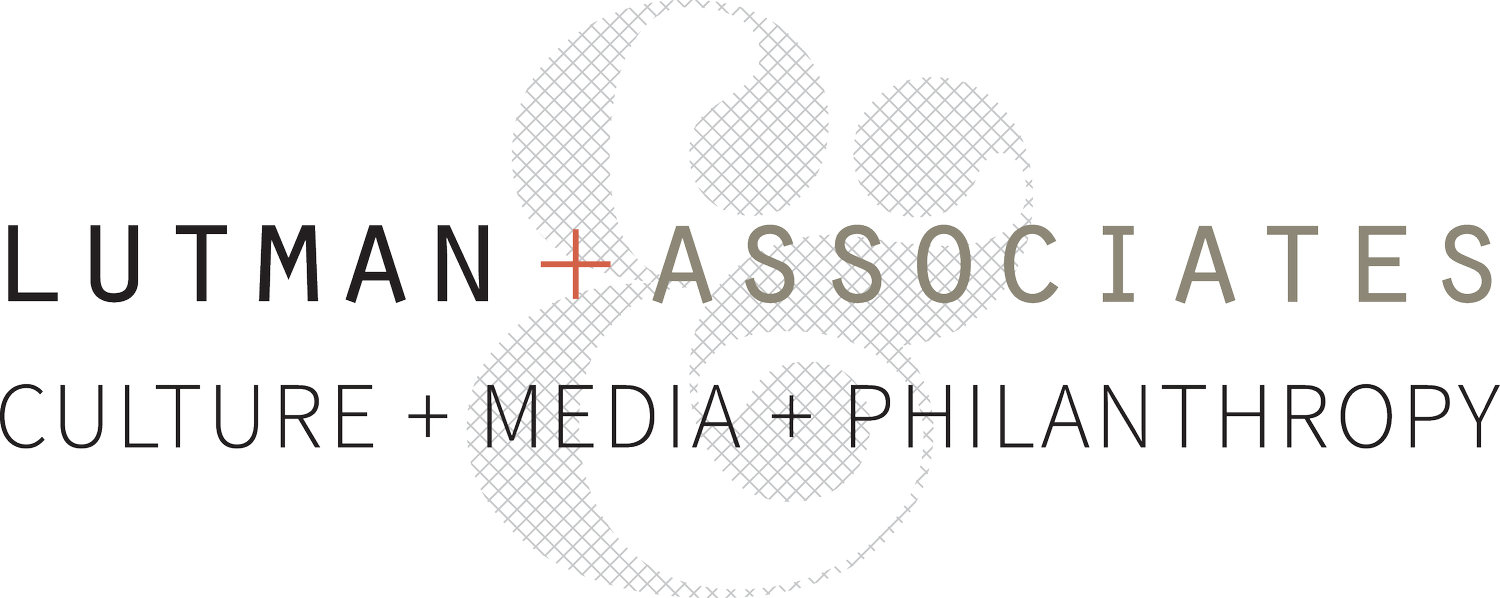Originally published in Twin Cities Business Magazine, November 2014
When you think of veterans, does your thinking go directly to stereotypes? Do you think “heroes” or “people with mental and physical health challenges”? That’s the experience of Trista Matascastillo, program officer at the Veterans’ Voices project of the Minnesota Humanities Center (MHC), herself a veteran. Her personal goal, shared by the center’s robust new program, is nothing short of changing the dominant narratives around the ways U.S. society views veterans. The Veterans’ Voices project is working to create a new narrative, one that puts veterans in a position to speak to their own experiences and authenticity. In doing so, Veterans’ Voices wants to change media images and public perceptions of veterans, highlighting vets’ post-service contributions to the community as leaders, managers and entrepreneurs.
How did the project evolve? MHC executive director David O’Fallon explains that a large part of the centers’s work is to foster deeper connections among Minnesotans through the humanities. The center already has long-standing programs that draw on the humanities to build a “broader, deeper and more complete understanding” among diverse people, reflecting MHC’s mission “to bring the unique resources of the humanities to the challenges and opportunities of our time.” An example is the Absent Narratives project, which provides books, videos and other resources for teachers so that the literature, art, economics and history of many races, faiths and cultures can be incorporated into the humanities curricula in Minnesota schools.
O’Fallon describes Veterans’ Voices as a natural outgrowth of the commission’s work. Matascastillo, a former Marine who also chairs the Minnesota Women Veterans Initiative Working Group, has helped the center shape Veterans’ Voices since its inception, guided by an advisory group of area veterans. There are more than 387,000 veterans in Minnesota, from every county in the state; 80,000 have served since 9/11. Post-9/11 veterans include many who have served in Iraq and Afghanistan, wars that have involved less than 1 percent of the population overall, despite their duration—each lasting more than a decade. Now, returning veterans find fewer people among the general populace who share their experiences, and as a result many have trouble reconnecting to employment, family and community. Veterans’ Voices focuses directly on this disconnect by sharing stories of veterans as capable, highly trained, multitalented individuals with a strong desire for and capacity to accept responsibility in new roles at work and in community.
A highlight of the program thus far is the annual awards program, which recognizes 30 veterans, nominated by peers, for their outstanding community service. Twenty of the honorees are “On the Rise,” veterans younger than 40, while 10 are “Legacy” veterans of earlier wars. An annual awards ceremony publicizes the achievements of the recipients. The 2014 cohort, celebrated in a reception on Sept. 11, included Brockton Hunter, a veteran, attorney, founder of the Veterans’ Defense Project and a nationally recognized expert in veterans law and affairs; Dina Lubben, a veteran deeply involved in 4-H programs for youth in Nobles County; and Alex Scheuller, a veteran who serves as an AmeriCorps member of Habitat for Humanity, where he provides outreach to other veterans who can benefit from that organization’s services.
The center also crafted and encouraged passage of last year’s state law declaring October Veterans’ Voices Month (HF 2812). We’re the first state in what the center hopes will be a national movement to honor, listen to and learn from those who have served. Their vision is that Veterans’ Voices Month will eventually grow in recognition and importance, comparable to Black History Month, and will provide the impetus for broad community participation. In the coming months and years, you will see more evidence of the work of this new effort. A statewide tour of the exhibition Always Lost: A Meditation on War began in October in Fergus Falls and will tour several cities, with accompanying public programming. The exhibition looks at service members who have died in combat since 9/11, including photographs by Pulitzer Prize winners and literary work from veterans’ creative writing classes. In February, the exhibition will be displayed in the State Capitol rotunda.
“We need to get beyond ‘Thank you for your service’ and have a real conversation about what it means to have served and to be proud of it,” says Richard Leonard, a 2014 Veterans’ Voices awardee and Purple Heart recipient. “How do we tell the rest of our story?” He has especially benefitted from the opportunity to talk to children in depth about military service. But he also sees an important role for employers—people like those of you reading this magazine. “For a lot of vets, being unemployed when they return is about a lot more than that. It’s about being disconnected and closed off from the community. Having a job is a lot more than having a paycheck.” In his role at Minnesota’s Department of Employment and Economic Development, he counsels veterans who are seeking to return to the workforce. He wishes more businesses would give returning veterans a chance to use their considerable skills and reconnect with society at large.
O’Fallon says the center wants not only to foster sharing veterans’ stories, but also to create opportunities so that the public will take the time to hear them. What have you done to welcome home Minnesota’s veterans? And what do you have to say beyond “Thank you for your service”? Ask a veteran for his or her story. You’ll learn a lot.
